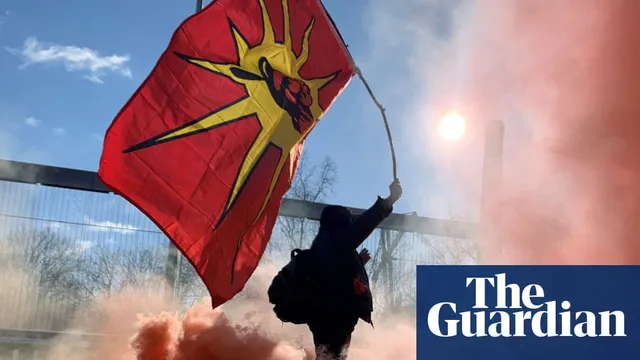
Canada Set to Compensate First Nations Following Treaty Violations
2024-07-26 00:00- The Canadian federal and Ontario governments have been urged by the court to compensate First Nations due to violations of a 174-year-old treaty.
- This ruling highlights the long-standing neglect and dishonor towards Indigenous agreements.
- Compensation is seen as a necessary step towards reconciliation and acknowledgment of historical injustices.
Express your sentiment!
Insights
In a landmark ruling, Canada’s Supreme Court has condemned the federal and Ontario governments for their failure to honor a 174-year-old treaty with Indigenous nations, labeling their actions as “dishonourable” and a “mockery” of the agreement. The unanimous decision highlights the detrimental impact of this neglect on First Nations communities, which have faced poverty while surrounding areas profited from the exploitation of natural resources. The case revolves around the Robinson Treaties, signed in 1850, which promised increased annual payments to the Anishinaabe nations as the land generated wealth. The court emphasized that while the treaty does not specify a fixed payment amount, it is clear that the Crown had the capacity to raise the annuities beyond the current $4 per person without incurring losses. The justices urged the Crown to return to the treaty's foundational principles and engage in a genuine dialogue to increase these payments. This ruling has sparked hope among Indigenous leaders for a more equitable future, although some, like Wilfred King of Gull Bay First Nation, expressed disappointment over certain aspects of the decision, particularly regarding the Crown's proposed compensation figures. Ontario has previously contended that it has invested nearly C$4.2 billion in efforts to develop the north, countering claims of exploitation. The Supreme Court has mandated Ontario to propose a new settlement within six months, prompting calls for a fair negotiation process. Indigenous leaders remain cautiously optimistic, recognizing the vast resources extracted from their territories without adequate compensation.
Contexts
Recent incidents surrounding Canada Soccer have raised serious questions about ethical conduct within the sport. On July 25, 2024, Joseph Lombardi, a staff member of Canada Soccer, received a suspended eight-month prison sentence for illegally using a drone to capture footage of closed training sessions of the New Zealand women's soccer team. This breach of protocol intensified scrutiny over Canada Soccer's practices. A day later, on July 26, the Canadian Olympic coach was dismissed from the Olympics due to another spying incident involving two team members who used a drone to observe New Zealand's training, further complicating Canada's campaign. Adding to the tension, on July 27, a U.S. Soccer security guard confronted a man watching their training from an adjacent stadium, who identified himself as a Canada Soccer staffer, rekindling allegations of ongoing surveillance practices. These events highlight the growing concerns over integrity in competitive sports and have collectively contributed to the current legal and ethical ramifications faced by Canada and Ontario regarding their treatment of Indigenous peoples.